Summaries of books about Politics & Social Sciences:
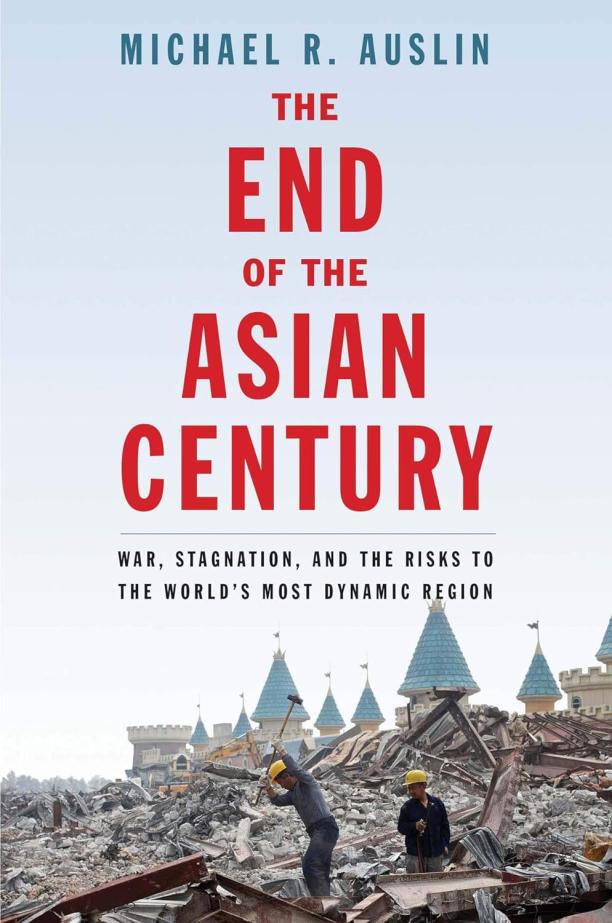
The End of the Asian Century
War, Stagnation, and the Risks to the World's Most Dynamic Region
Michael R. Auslin
The book analyzes the potential risks and challenges that could disrupt the economic growth and political stability in Asia, such as demographic decline, political unrest, and territorial disputes. It offers a critical examination of the assumption that Asia will continue to be a dominant force in the global economy and geopolitics, suggesting that the region's future may be more uncertain than widely believed.
See full summary
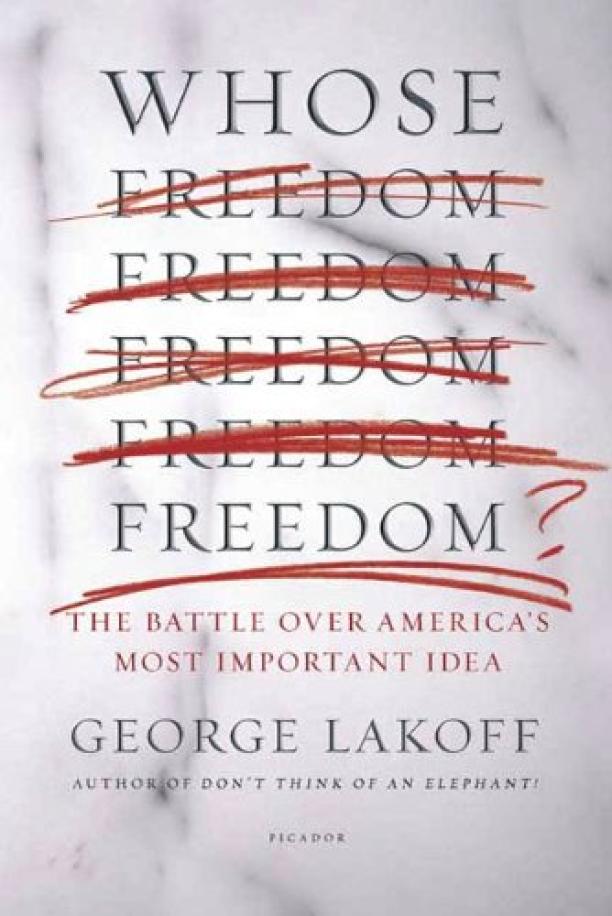
Whose Freedom?
The Battle over America's Most Important Idea
George Lakoff
The book examines the concept of freedom from a progressive perspective, challenging conservative notions and arguing that the political right has co-opted the term to serve its own agenda. It delves into the ways language shapes political thought and offers a framework for progressives to reclaim the narrative on freedom in American discourse.
See full summary
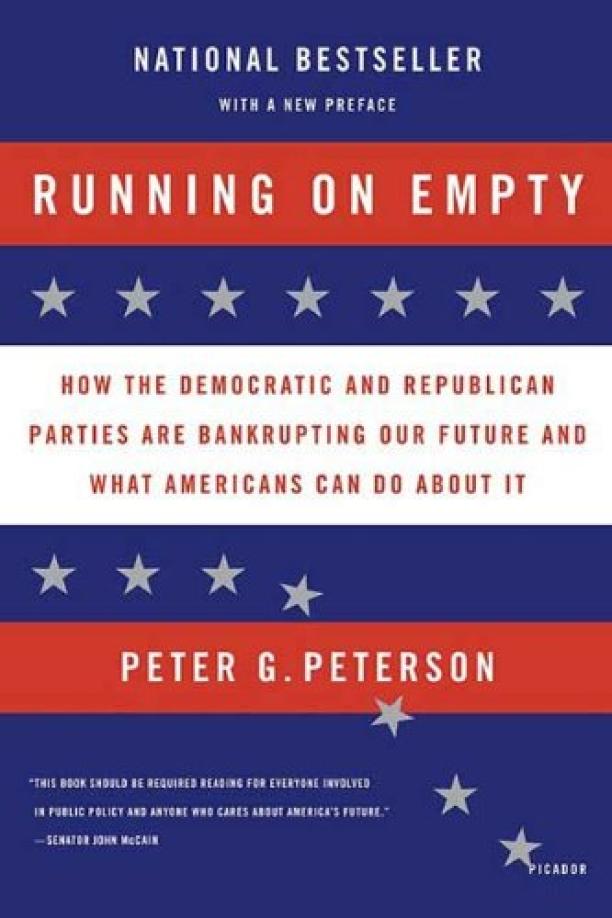
Running on Empty
How the Democratic and Republican Parties Are Bankrupting Our Future and What Americans Can Do About It
Peter G. Peterson
The book critiques the fiscal irresponsibility of both major political parties in the United States, arguing that their policies are leading to unsustainable national debt and economic peril. It offers an analysis of the consequences of this mismanagement and proposes solutions for American citizens to demand accountability and encourage long-term financial stability.
See full summary
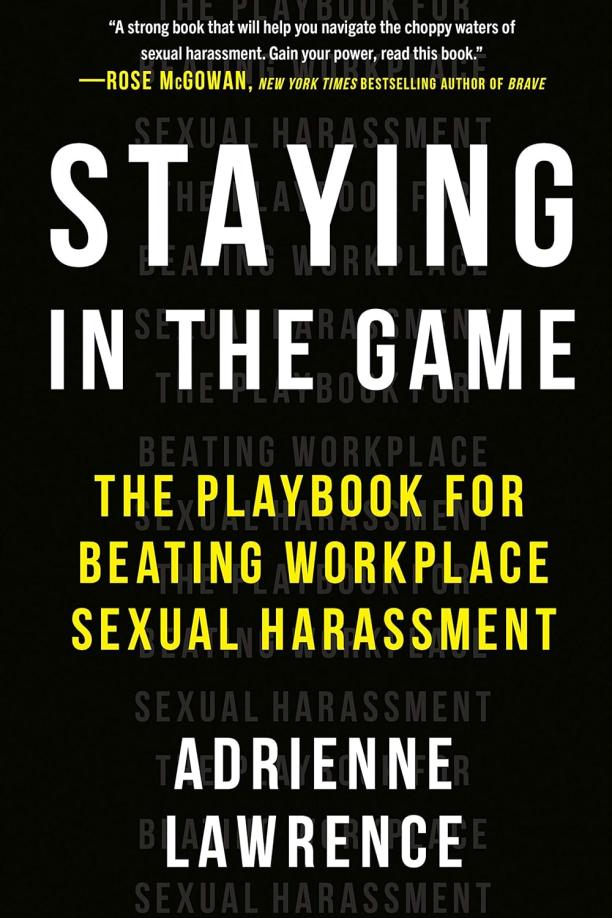
Staying in the Game
The Playbook for Beating Workplace Sexual Harassment
Adrienne Lawrence
The book provides a comprehensive guide for navigating and combating sexual harassment in the workplace, offering practical advice, personal anecdotes, and legal insights. It empowers readers with strategies for recognizing harassment, understanding their rights, and taking action to protect themselves and hold perpetrators accountable.
See full summary
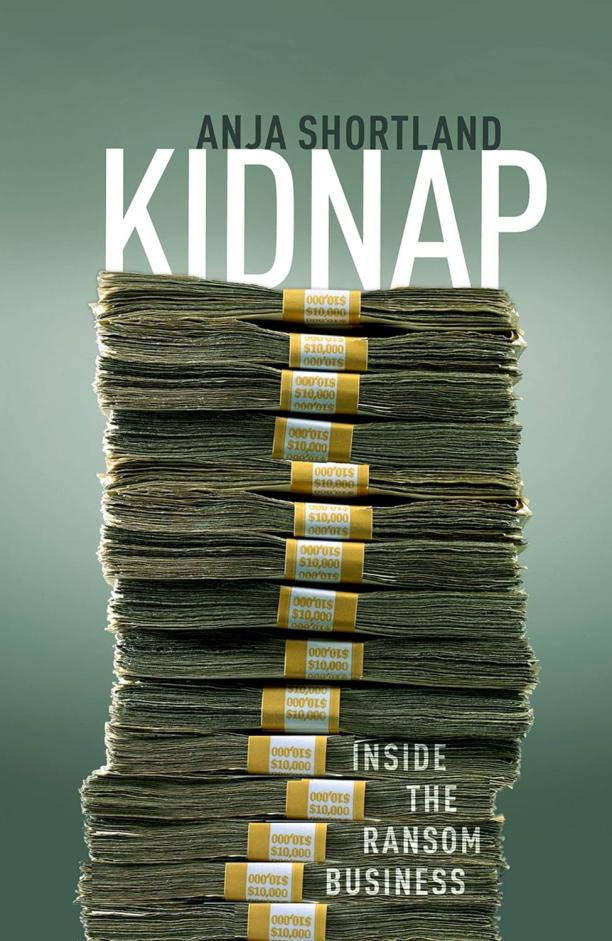
Kidnap
Inside the Ransom Business
Anja Shortland
The book delves into the economics and intricate negotiations involved in the world of kidnapping for ransom, revealing how a surprising order and logic underpin these criminal enterprises. It explores the roles of insurance companies, professional negotiators, and governments in managing and resolving abduction cases, often with a focus on minimizing violence and financial damage.
See full summary
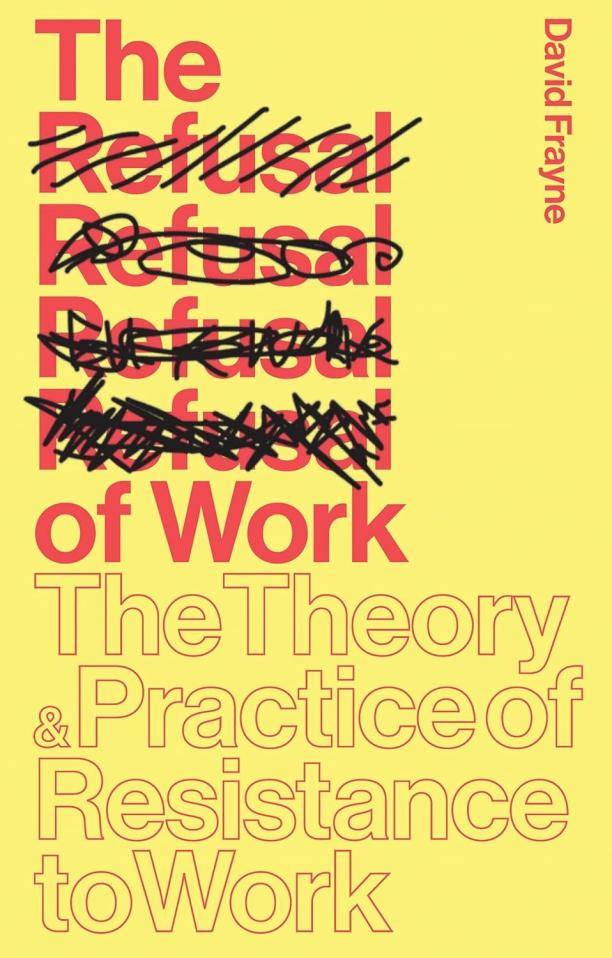
The Refusal of Work
The Theory and Practice of Resistance to Work
David Frayne
The book critically examines the role of work in contemporary society, questioning the centrality of employment to our lives and exploring alternative ways of living beyond the work ethic. It delves into the experiences of individuals who resist the work-centered culture and discusses the potential for a future where work is less dominant in our lives.
See full summary
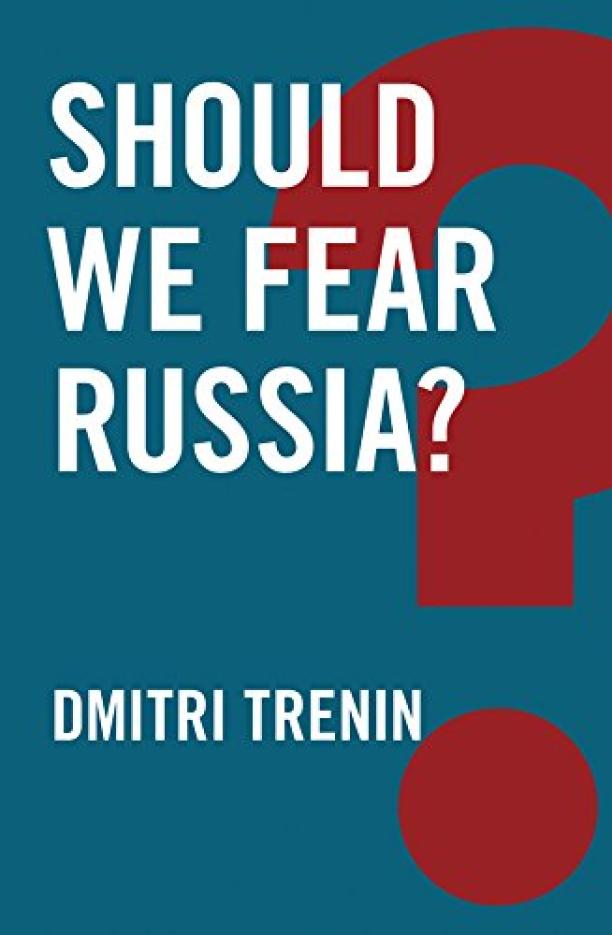
Should We Fear Russia?
Dmitri Trenin
The book presents an analysis of Russia's international relations, military capabilities, and geopolitical ambitions, examining whether its actions and policies pose a genuine threat to the West. It delves into the historical context of Russia's strategic behavior and assesses the implications for global security and the potential for future conflict or cooperation.
See full summary

Myanmar's Enemy Within
Buddhist Violence and the Making of a Muslim 'Other'
Francis Wade
The book delves into the complex interplay of nationalism, political transition, and religious fervor in Myanmar, examining how societal tensions and historical prejudices have fueled violence against the Muslim minority, particularly the Rohingya. It provides an in-depth analysis of the factors contributing to the rise of Buddhist nationalism and the resulting marginalization and persecution of Muslims, challenging the perception of Buddhism as an inherently peaceful religion.
See full summary
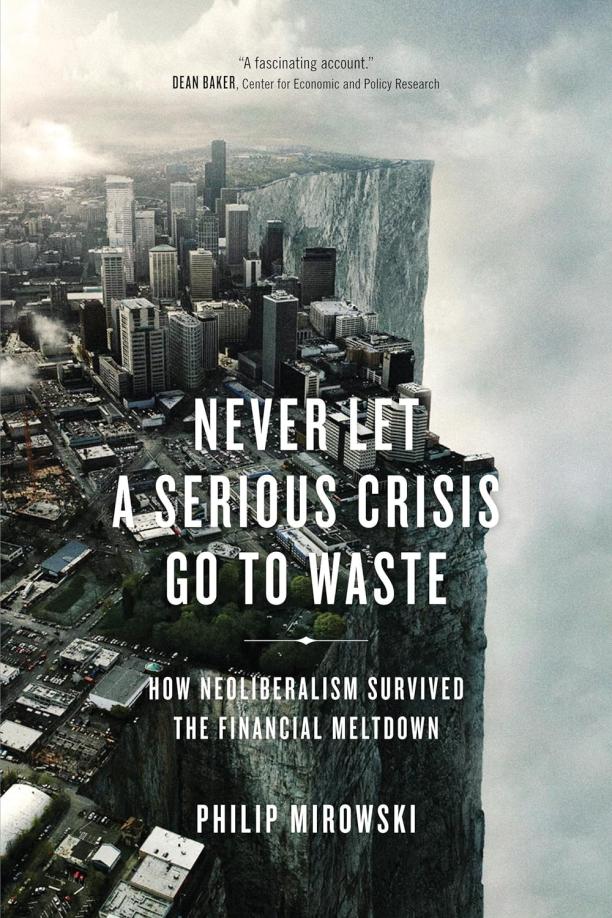
Never Let a Serious Crisis Go to Waste
How Neoliberalism Survived the Financial Meltdown
Philip Mirowski
The book critically examines the aftermath of the 2008 financial crisis, exploring how neoliberal thought and institutions managed to persist and even strengthen despite their roles in the economic collapse. It delves into the strategies used by neoliberals to deflect blame, obscure the true causes of the crisis, and maintain their influence over global economic policies.
See full summary
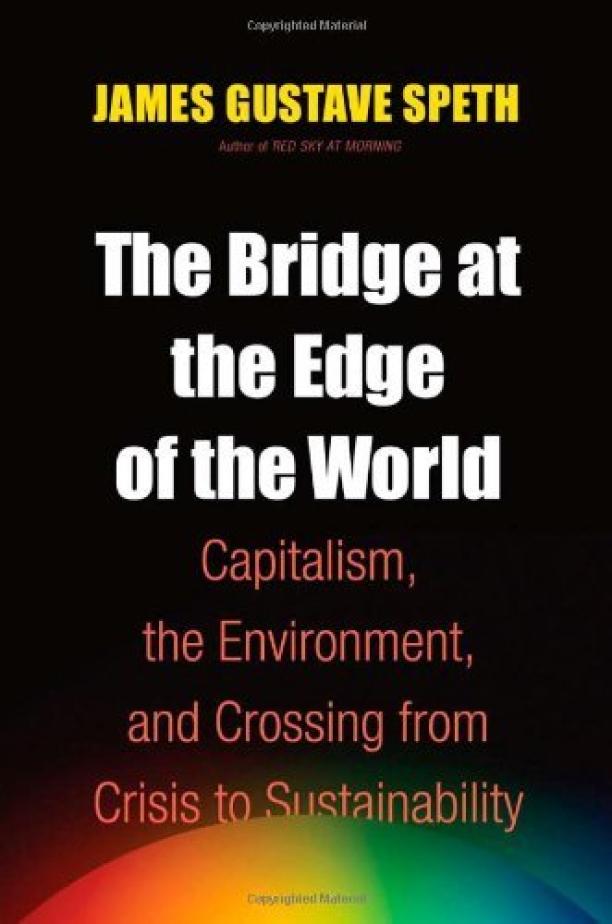
The Bridge at the Edge of the World
Capitalism, the Environment, and Crossing from Crisis to Sustainability
James Gustave Speth
The book critically examines the environmental degradation caused by traditional capitalist practices and advocates for a transformative shift towards sustainable economic and social systems. It presents a compelling argument for reimagining political and economic structures to prioritize ecological health, social well-being, and a more equitable distribution of wealth.
See full summary